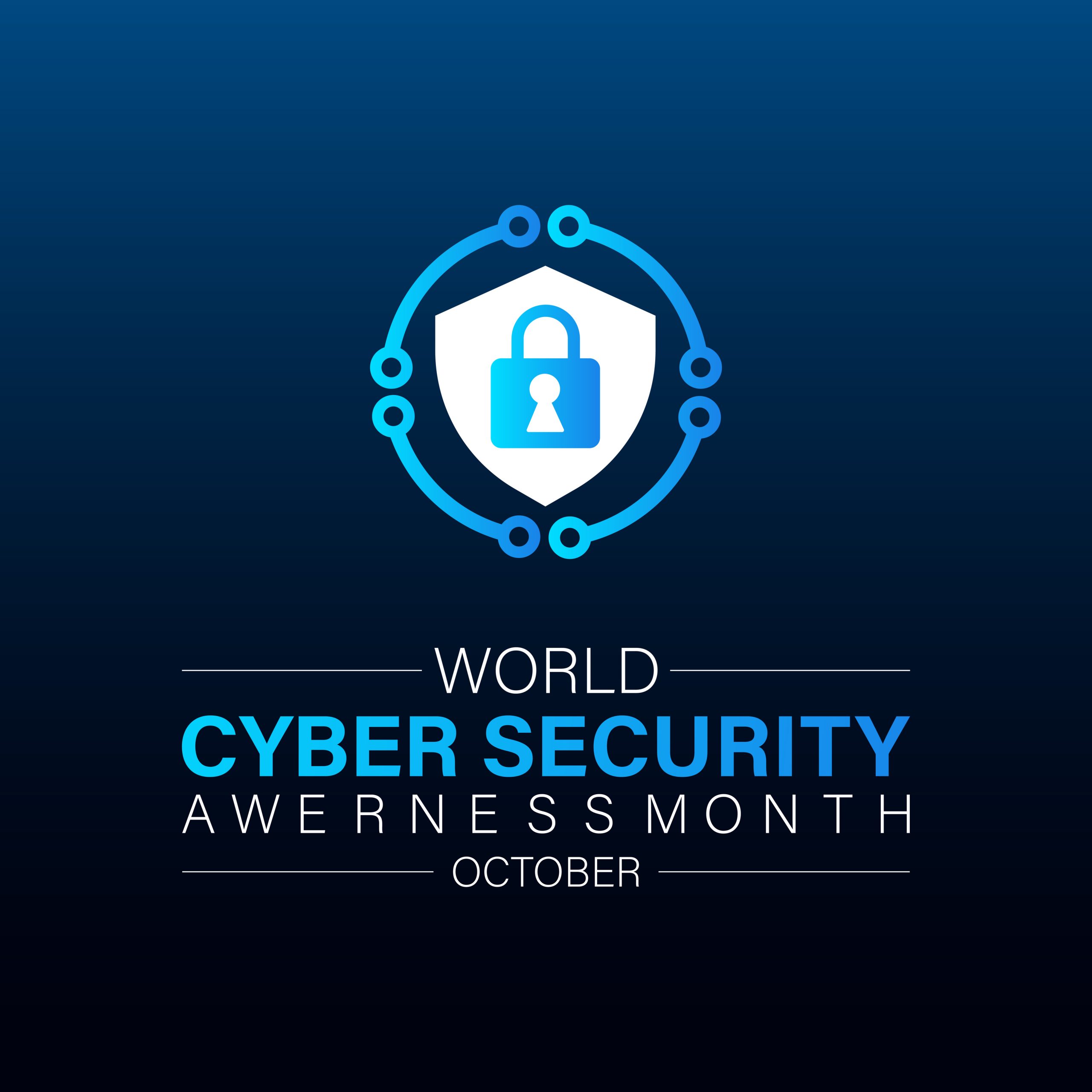October is Cybersecurity Awareness Month, a crucial time for small business owners to assess and strengthen their online security measures. With the increasing prevalence of cyber threats, it’s essential to understand the risks and take proactive steps to protect your business‘s sensitive information. Here’s how you can safeguard your small business from cyber threats.
Implement Strong Password Policies:
Ensure that all employees use strong, unique passwords for their accounts and systems. Encourage the use of complex passwords that combine letters, numbers, and special characters. Implement a policy that requires regular password changes and avoid reusing passwords across multiple accounts.
Use Multi-Factor Authentication (MFA):
Add an extra layer of security by enabling multi-factor authentication (MFA) for all critical systems and applications. MFA requires users to provide additional verification, such as a code sent to their mobile device, in addition to their password. This helps protect against unauthorized access even if a password is compromised.
Regularly Update Software and Systems:
Keep all software, operating systems, and applications up to date with the latest security patches and updates. Cybercriminals often exploit vulnerabilities in outdated software to gain access to systems. Regular updates help close these security gaps and protect against known threats.
Educate Employees About Phishing and Social Engineering:
Train your employees to recognize and respond to phishing emails and social engineering attacks. These attacks often involve deceptive emails or messages designed to trick individuals into providing sensitive information. Regular training can help employees identify suspicious activity and avoid falling victim to scams.
Back Up Your Data Regularly:
Create and maintain regular backups of all critical business data. Store backups securely in a separate location, preferably off-site or in the cloud. In the event of a cyber attack or data loss, having recent backups ensures that you can quickly restore your information and minimize disruptions to your business.
Develop an Incident Response Plan:
Prepare for potential cyber incidents by developing a comprehensive incident response plan. This plan should outline steps for detecting, responding to, and recovering from a cyber attack. Include contact information for key personnel and establish procedures for communicating with customers and stakeholders.
Secure Your Network:
Implement robust network security measures, including firewalls, antivirus software, and intrusion detection systems. Secure your Wi-Fi network with strong encryption and limit access to authorized personnel only. Regularly monitor network activity for unusual or suspicious behavior.
Cybersecurity Awareness Month is an opportunity for small business owners to review and enhance their cybersecurity practices. For an additional layer of protection, consider adding Cyber Liability Insurance. Need more information? Contact us! By taking these proactive steps, you can protect your business from cyber threats and ensure your sensitive information remains secure.




